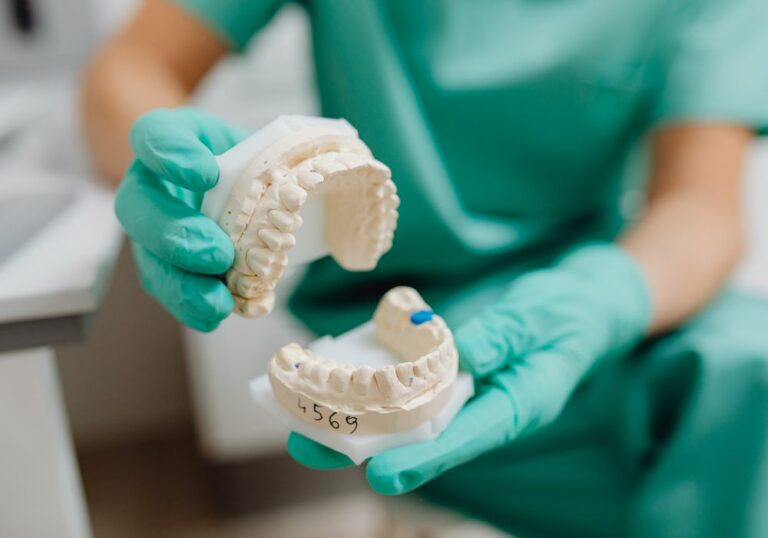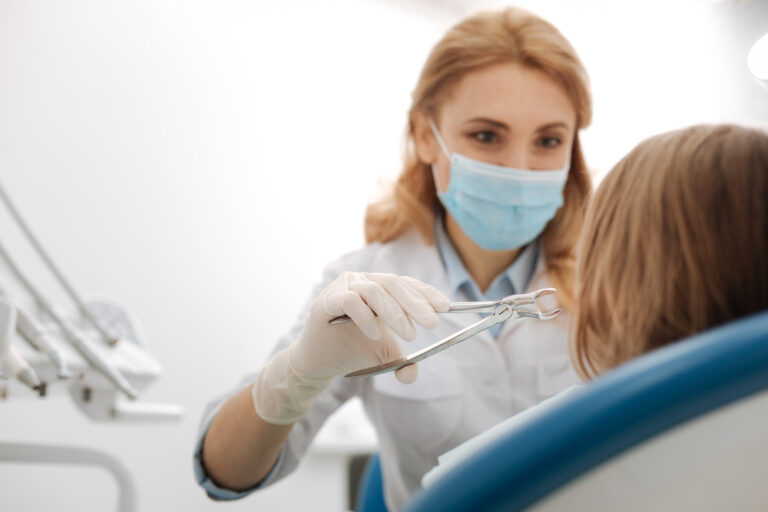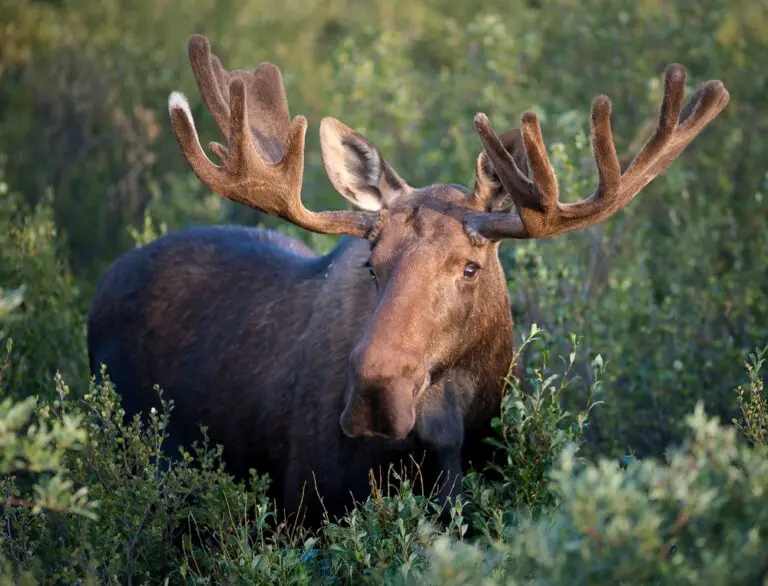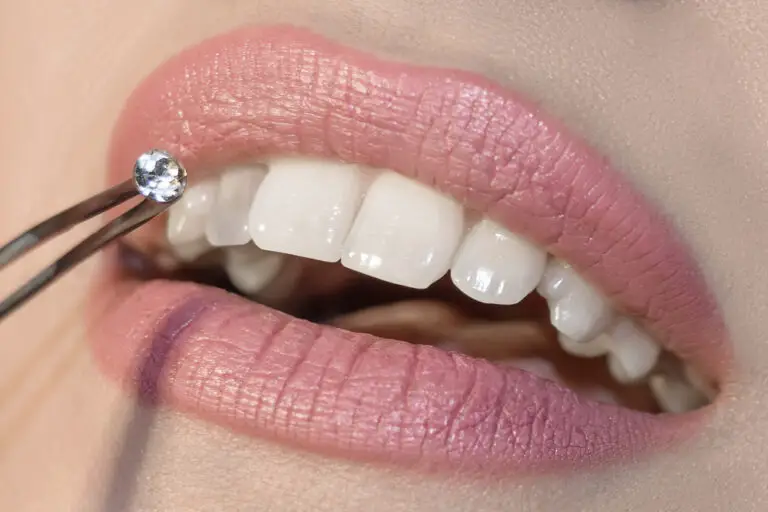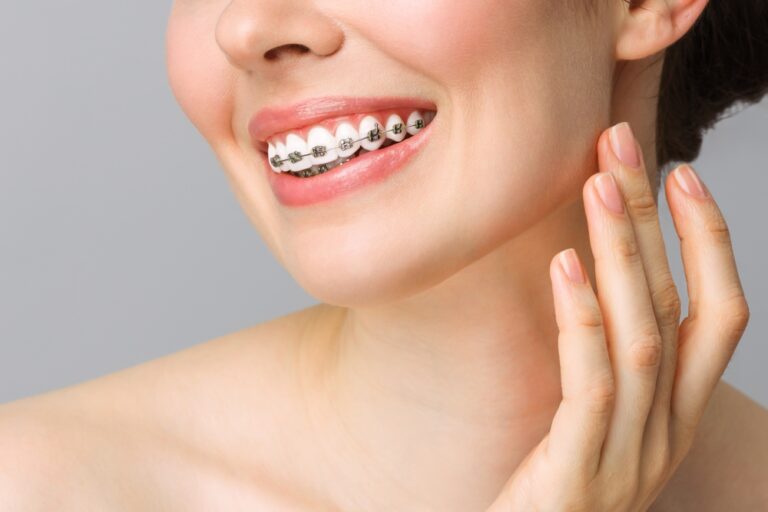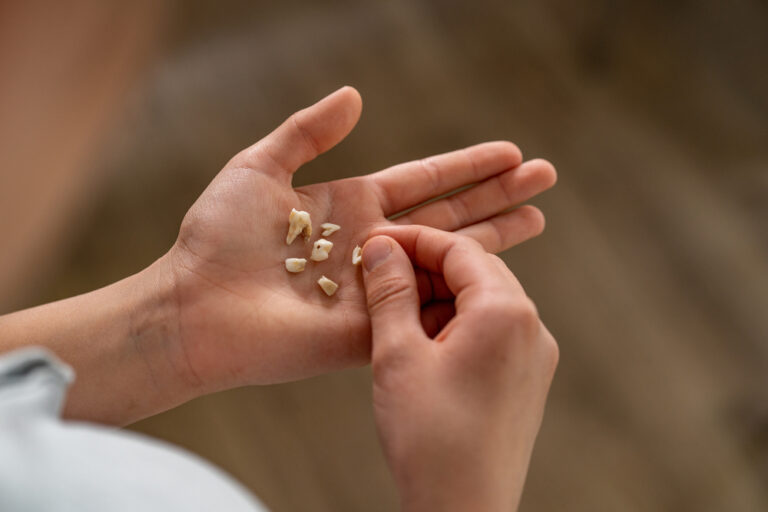Dogs sometimes chatter their teeth after yawning. This behavior can seem strange to dog owners who are unfamiliar with it. But teeth chattering is normal canine behavior that occurs for a variety of reasons.
What is teeth chattering?
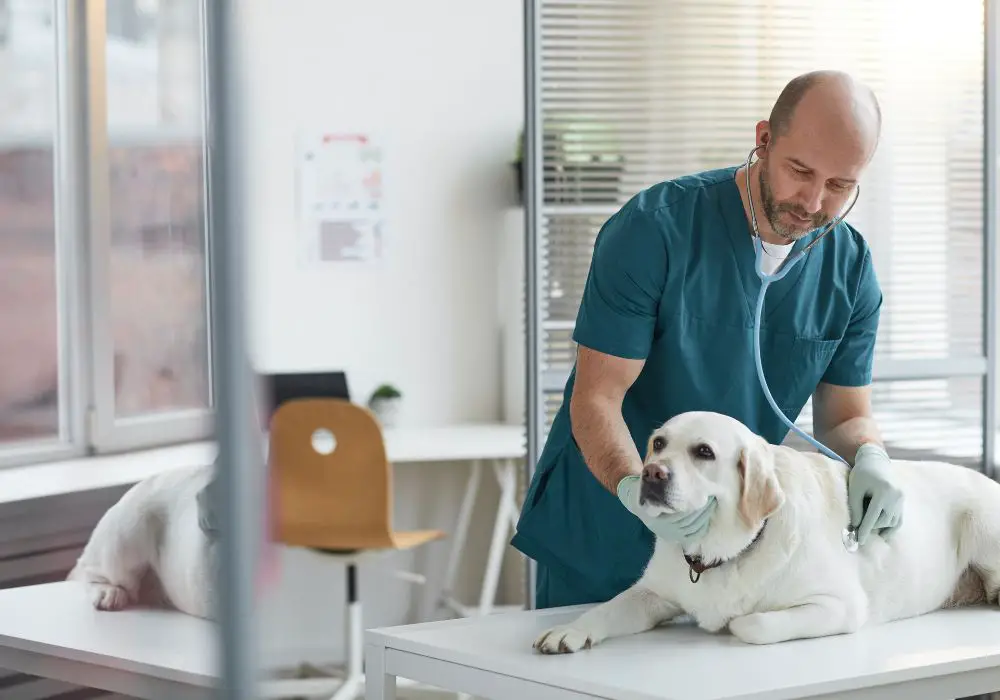
Teeth chattering, also known as teeth clacking, refers to when a dog rapidly moves its jaw up and down, making a clicking noise with its teeth. The chattering motion is similar to how humans might chatter their teeth when cold, but much more pronounced in dogs.
Some dogs will chatter their teeth loudly while others make more subtle noises. The chattering may last just a few seconds or continue for minutes at a time. This behavior typically occurs right after a big yawn. But dogs may also chatter their teeth in other situations.
The motion involves the dog moving its jaw vertically, causing the upper and lower teeth to clack together repeatedly. Most dogs tend to chatter their teeth without allowing the jaws to actually close and bite down. But some dogs may gnash or grind their teeth together forcefully.
Teeth chattering often causes foamy saliva to accumulate around the mouth. The jaw motion can aerate the saliva and create bubbles. Some dogs may lick their nose and lips repeatedly during bouts of teeth chattering as well.
Why do dogs chatter their teeth after yawning?
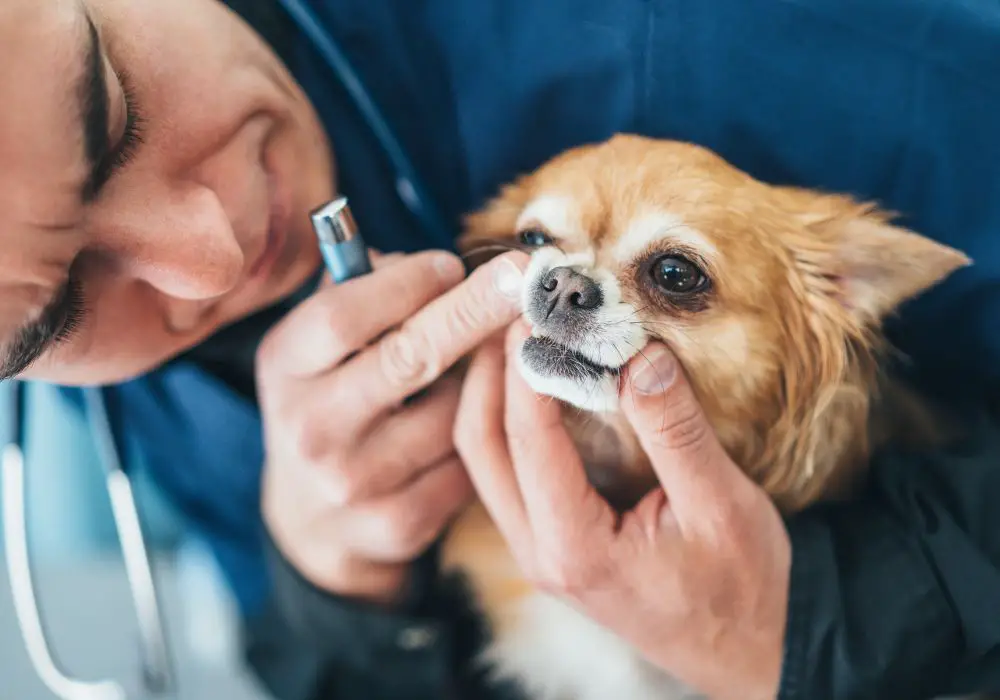
There are a few possible explanations for why dogs chatter their teeth after yawning:
1. Adjusting the jaw
One of the most common reasons for teeth chattering is that the dog is adjusting its jaw after opening it wide to yawn.
The powerful masseter muscles that control the opening and closing of a dog’s jaw are closely linked. When a dog yawns, the masseter muscles are stretched much further than during normal activity like chewing or panting.
Yawning requires the dog to disengage the jaw joint and relax the ligaments joining the jaw bones. This allows the mouth to open very wide and the tongue to extend out straight.
After yawning, the masseter muscles have been hyper-extended. The dog may chatter its teeth as a way to settle the jaw back into a relaxed, closed position. The chattering motion allows the jaw muscles that were stretched during yawning to readjust back to their neutral position.
2. Excitement
Dogs also tend to chatter their teeth when they get excited. The dramatic motion of yawning seems to rile them up further, causing them to immediately start chattering their teeth.
The yawning expands the throat and chest cavities, which allows for more oxygen intake. This fuels the dog’s circulatory and respiratory systems, priming them for action. The dog is then eager to release its nervous energy through teeth chattering and other behaviors.
So yawning’s link to arousal may trigger teeth chattering as an outlet for the dog’s enthusiasm. It’s comparable to people fidgeting from anticipation.
3. Communication
Some dogs appear to chatter their teeth as a means of communication. The sound may be the dog’s way of expressing enthusiasm or affirming instructions and signals.
For example, a dog may chatter its teeth excitedly in response to an owner picking up its leash, signaling readiness to go for a walk. Or it may chatter at another household pet it is playing with as a social signal.
Dogs are highly social animals. Bouts of teeth chattering may strengthen social bonds by providing feedback. The clacking sound draws attention and conveys the dog’s emotions and reactions. So the chatter can serve communicative purposes.
When does teeth chattering happen?
Teeth chattering in dogs often occurs in the following situations:
- After yawning – This is the #1 trigger for teeth chattering as the jaw resets. Yawning is linked to arousal, so an excited chatter follows.
- During or after play – Roughhousing, running, and playing with toys stirs up energy. Dogs may chatter their teeth enthusiastically both during and after play sessions.
- When eager or impatient – Some dogs will chatter their teeth in anticipation of an imminent walk, car ride, meal, or other pleasurable activity they enjoy and expect. The impatience builds excitement expressed through chatter.
- As a warning – Dogs sometimes use teeth chattering to warn other animals or unfamiliar people to keep away if feeling territorial. The sound can resemble a growl.
- When investigating new scents and sounds – New smells and sounds pique canine curiosity and trigger excitement expressed through energetic teeth clacking and chattering.
- When nervous or anxious – Some dogs chatter their teeth as a way to burn off nervous energy and anxiety, like people biting their nails. The sound can be self-soothing.
So in most cases, teeth chattering indicates sensory stimulation and emotional arousal of some kind. It’s just the dog’s instinctive way of processing and expressing its internal state. The reasons behind the chatter vary based on context.
Is teeth chattering bad for dogs?
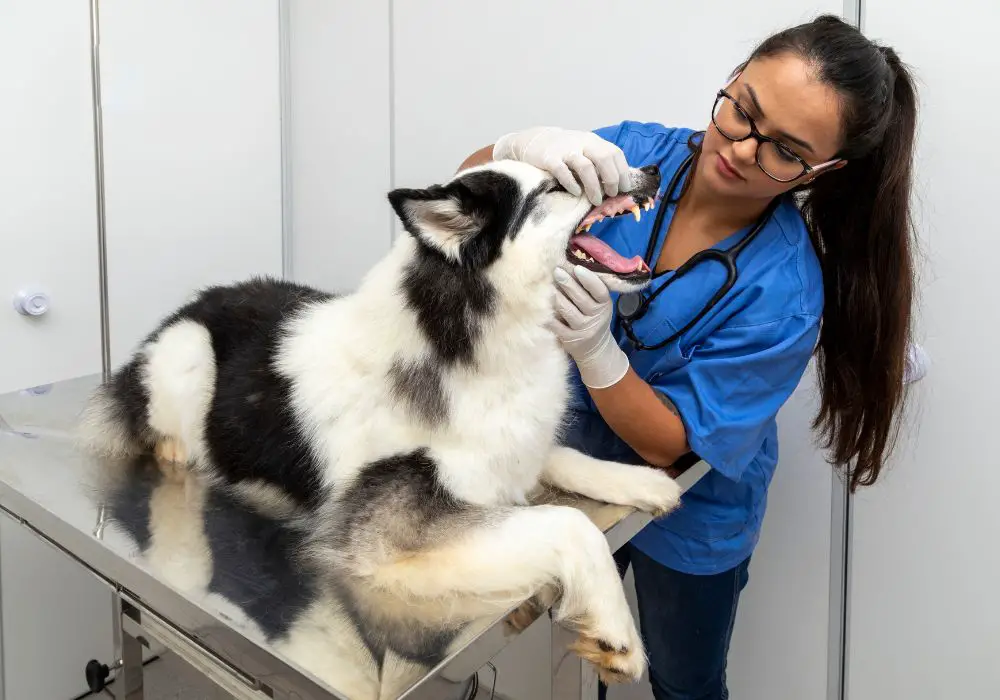
In most cases, brief teeth chattering is totally harmless and natural dog behavior. As long as the chattering subsides on its own and isn’t paired with signs of distress, it does not negatively impact dogs. Allowing short chattering can even be beneficial as an outlet for energy and emotions.
However, constantly grinding teeth together with big force could potentially damage the teeth over time. Here are some warning signs to watch for:
- Chattering episodes lasting more than a few minutes
- Changes in the sound of chattering, like louder clacking
- Jaw discomfort like reluctance to chew treats or play with toys
- Development of chipped, cracked, or broken teeth
- Bleeding, wounds, or ulcers in the mouth
- Inflamed or receding gums around teeth
- Loose teeth or tooth loss
If chattering is accompanied by these signs, the behavior may be problematic. Excessive force can wear down tooth enamel and weaken gum tissue. See your veterinarian if chattering seems abnormal or causes injury. They can check for underlying causes like dental disease, jaw disorders, or anxiety issues influencing the behavior.
Tips for dogs that chatter their teeth
For most dogs, teeth chattering after yawning or when excited is perfectly normal and inconsequential. But here are some tips to keep your chatter-prone dog’s mouth healthy:
- Provide plenty of appropriate chew toys – Giving dogs things to gnaw and chomp on helps clean teeth and massage gums. Rotating toys keeps them interesting.
- Brush teeth regularly – Gently cleaning a dog’s teeth 2-3 times per week helps remove plaque and bacteria that could inflame gums if left to build up.
- Monitor teeth and gums – Periodically check your dog’s mouth for damage, cuts, or dental issues. Contact your vet if problems appear.
- Address causes of stress and anxiety – If stress or obsessive behaviors contribute to excessive chattering, try training, environmental changes, calming aids.
- Avoid hard treats/chews – Temporarily avoiding thick, tough chews may help rest chattering jaws if needed.
- Consider a custom mouth guard – Protective guards are available to save teeth from damage during energetic play that incites chattering.
Regularly monitor your dog’s mouth health. But in most cases, no intervention is required for normal teeth chattering behavior. Just let your excited pooch chatter!
Why do some dogs chatter their teeth more than others?
Certain dogs are more prone to chattering their teeth on a frequent basis than others. Factors that can influence a dog’s likelihood to chatter include:
- Breed tendencies – Some breeds like Terriers, Chihuahuas, Dobermans, and Shepherds are known for chattering due to their energetic, excitable personalities. Herding and working dog breeds tend to chatter more as well.
- Age – Puppies and younger adolescent dogs are most likely to chatter due to their high energy and curiosity. Most dogs chatter less frequently as they mature.
- Jaw and tooth alignment – Dogs with shorter, wider jaws or malocclusions (misaligned teeth) may find it easier to chatter their teeth, as jaw mechanics facilitate the motion.
- Dental health – Dogs with periodontal disease, mouth injuries or fractures may chatter more due to oral discomfort.
- Activity level – Innately hyperactive dogs and those lacking sufficient physical/mental exercise are more prone to excitable chattering.
- Social nature – Dogs bred to closely bond with people and be attentive communicators will use chattering to express themselves and interact.
So in many cases, frequent teeth chattering comes down to the individual dog’s personality and genetics. Some dogs are simply chattier than others. But pay attention for signs of maladaptive chattering, and see your vet if any concerns arise.
Are there any risks to teeth chattering in dogs?
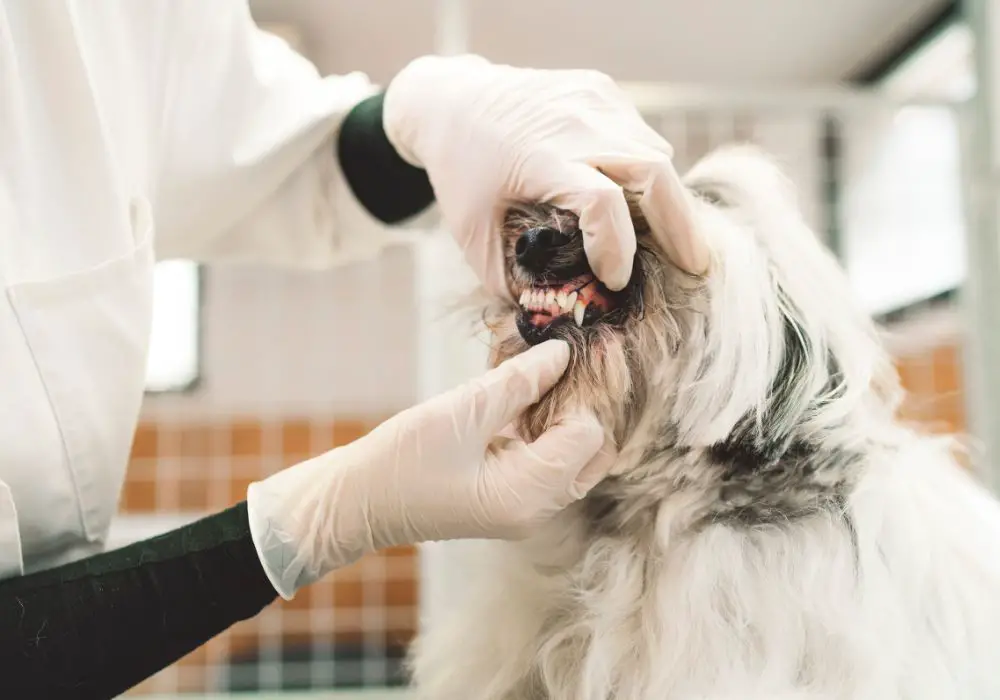
While the occasional brief teeth chattering is perfectly natural for dogs, excessive long-term chattering does pose some risks:
- Tooth fractures – Constant pressure on the teeth can cause microscopic cracks in tooth enamel that worsen over time, eventually resulting in fractures.
- Worn tooth enamel – Excessive grinding wears down the protective enamel coating on teeth, increasing sensitivity and decay risk.
- Gum recession – Too much friction against gums can cause inflammation and gradual gumline recession.
- Periodontal disease – Irritation and abrasion of gums contributes to plaque buildup and bacterial infection.
- TMJ and jaw issues – The temporomandibular joint connecting the jaw bone to the skull can develop problems like arthritis with overuse.
- Oral injury – Chattering may produce scrapes, cuts, punctures or ulcers on lips, gums, cheeks and tongue.
- Tooth loss – In some cases, chronic extreme chattering can loosen teeth or even lead to tooth loss altogether.
–Pain – Extensive damage to teeth, gums and jaw tissues leads to oral pain that inhibits normal eating and chewing.
So while occasional chattering is no big deal, chronic excessive force applied during chattering can jeopardize dental and oral health. Seek help curtailing obsessive chattering that seems harmful.
When should I be concerned about teeth chattering?
As long as your dog’s teeth chattering only lasts for a few seconds and causes no signs of distress, it’s not concerning. But some circumstances do warrant having your veterinarian assess your dog:
- Chattering that persists essentially nonstop for 10+ minutes consistently
- Chattering paired with concerning symptoms like drooling, pawing at the mouth, facial swelling or evidence of oral pain
- Constant chattering anytime your dog is excited or stimulated, even when calm
- Sudden onset of excessive chattering in an adult dog that never previously exhibited the behavior
- Visible damage like chipped, loose or lost teeth, gum recession, ulcers, and fractured teeth
- Reluctance to eat dry kibble or chew on toys due tomouth discomfort
- Changes in eating or chewing habits
- Evidence of cuts, bites, or bleeding in the mouth
- Teeth chattering along with unusual anxiety, aggression, or other behavioral changes
Any time chattering seems abnormal or harmful for your individual dog, seek veterinary attention. They can assess the cause and provide appropriate treatment.
How can I curb excessive teeth chattering?
If your dog develops a tendency to chatter its teeth too intensely, try these tips to help control the behavior:
- Increase daily exercise and mental stimulation – Chattering from boredom will decrease.
- Limit exposure to triggers that incite the chattering wherever possible.
- Use puzzle toys and games to redirect the dog’s focus and energy away from chattering.
- Avoid scolding or yelling at chattering, as this can encourage the behavior in some dogs. Stay calm and neutral.
- Address any potential dental pain, damaged teeth, or misaligned bite that may be causing discomfort and chattering.
- Try an anxiety relief wrap or pheromone collar to reduce nervous chattering.
- Use positive reinforcement training to teach your dog a mute alternative behavior to substitute for chattering.
- Speak with your vet or veterinary behaviorist if chattering remains excessive despite lifestyle adjustments. Medication may help in obsessive cases.
For most dogs, no intervention is needed. But if chattering becomes frequent and intense, those tactics can help control the behavior. Protect your dog’s oral health.
Frequently Asked Questions
Why does my dog chatter his teeth when he sniffs something interesting?
Dogs rely heavily on their exceptional sense of smell. When they catch wind of a new, intriguing scent in the environment it sparks innate curiosity and excitement. All the dog’s attention becomes focused on inhaling the scent molecules and deciphering clues.
The investigation and concentration on the smell triggers a thrill response that releases energy, causing teeth chattering. It’s similar to chattering from other stimulating pleasures. Let your dog chatter away at interesting smells!
Should I worry if my dog’s post-yawn teeth chattering is very loud?
The volume of chattering can vary based on your dog’s jaw structure and strength. Some dogs naturally have very intense, loud teeth clacking. As long as the loud chattering only lasts briefly and does not seem uncomfortable, there’s minimal cause for concern.
Focus more on the duration and context of chattering rather than volume. But do pay attention for any emerging signs of mouth pain or dental problems. Check with your vet if you have any concerns.
Why does my dog often chatter her teeth when I’m petting or scratching her?
For dogs, being stroked, scratched, and petted releases endorphins. They find the physical sensation highly pleasurable, stimulating, and comforting. This enjoyment can rile up energy that is released through teeth chattering.
Also, the dog is interacting closely with you during petting. Dogs may chatter their teeth as a social signal expressing their positive emotions. Enjoy those happy nibbles from petting, and trim nails to avoid scratches if the nibbling gets carried away!
What can cause a dog to suddenly start chattering its teeth excessively?
In an adult dog that has never been prone to teeth chattering, a sudden onset of constant, intense chattering may signal an underlying medical issue requiring veterinary attention.
Potential causes can include pain from fractured teeth, gum disease, or jaw joint dysfunction, cognitive issues like dementia, neurological disorders, thyroid imbalance, liver disease, gastrointestinal problems, or even toxicity ingestion.
Have your vet run tests to diagnose what’s causing the abnormal chattering. With treatment of the underlying condition, excessive chattering often subsides.
Do puppies chatter their teeth more than adult dogs?
Yes, puppies are very likely to chatter their teeth frequently. Young puppies are extremely excitable, energetic, and stimulatory-seeking as they explore the world. Everything is new and interesting to them.
This overstimulation and lack of impulse control often manifests through teeth chattering. Most puppies outgrow incessant chattering as they mature and become accustomed to their environment. Proper training and stimulation helps moderate chattering as well. So expect chattering from your active, eager pup!

